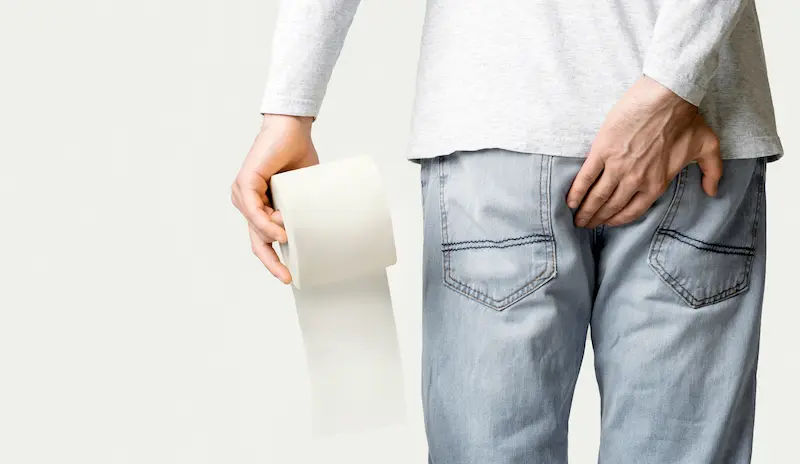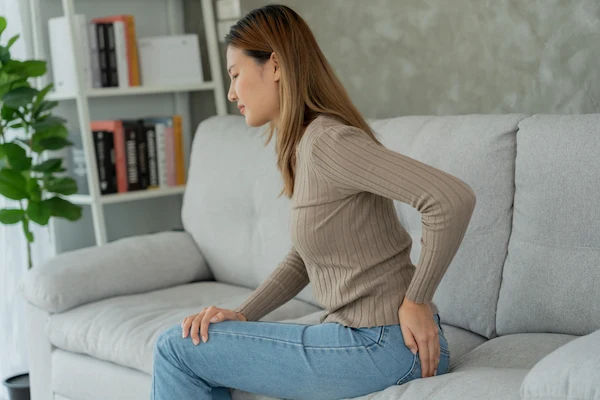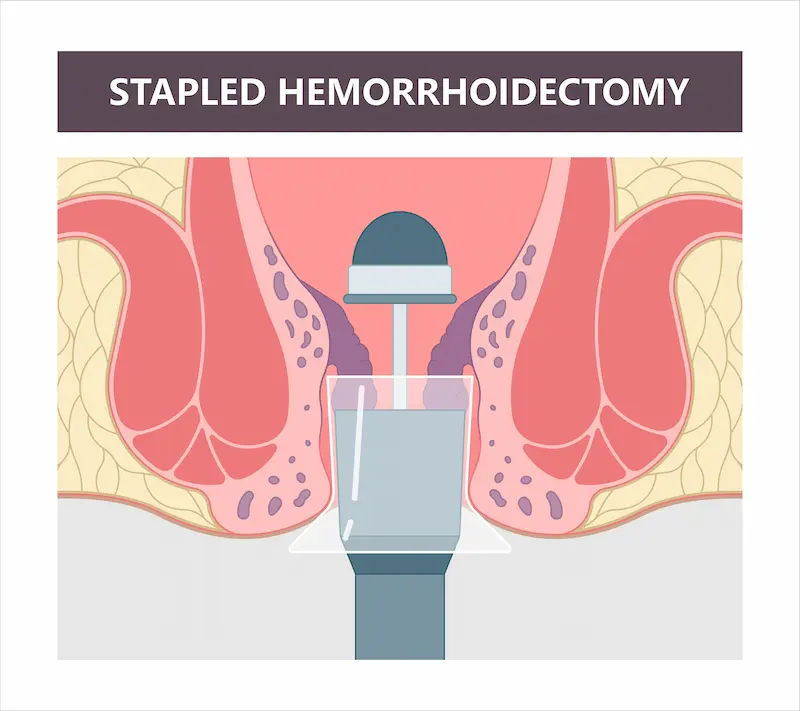- Male
- 51 Years
- 29/01/2025
I'm dealing with a really painful grape-sized lump on my butt, along with a low-grade fever and headache. I've been using Preparation H, and it offers some relief, but it's temporary. I've never experienced hemorrhoids, so I'm unsure if that's what this is. The veins in my groin area feel sore, and even my taint is affected. I'm hesitant to eat or use the bathroom because every cough sends pain through my entire butt. This started after a cough that I thought was a painful fart, and the pain hasn't stopped, in fact, it's worsened over the past week. Every cough or sneeze now makes me fart. Is this normal and something that'll go away on its own, or should I see a doctor?
More Colorectal Surgery Health Queries
View allI've been dealing with this boil-like swelling near my anus for the past three days, and it's been really uncomfortable. I'm a bit worried and wondering what might be causing this. What treatment should I consider to help it heal?
A boil-like swelling near the anus could be a perianal abscess, an infected anal gland, or a pilonidal cyst; possible causes include bacterial infection, clogged anal glands, or ingrown hairs; treatment typically involves antibiotics, pain management, and warm compresses, but in some cases, surgical drainage or incision may be necessary;
Answered by 1 Apollo Doctors
My laparoscopic surgeon recommended anal dilation sphincter surgery for my chronic hard stool and constipation issues. Can you explain how this procedure works and why it's needed? Will it actually solve my constipation problems or are there other treatments I should consider first? I'm a bit nervous about the surgery and want to understand what exactly happens during it.
Anal dilation and sphincter surgery, also known as Lords' Dilatation or lateral internal sphincterotomy, are procedures aimed at widening the anal sphincter and easing the passage of stool. While they can provide relief, they are often considered as a last resort after other treatments have failed, as they can sometimes affect bowel control
Answered by 1 Apollo Doctors
I'm dealing with a lump near my anus that's been there for two days now. It's starting to get a bit smaller, but I'm still not feeling back to normal. It's pretty uncomfortable, and I'm not sure what's causing it. What could be going on?
It sounds like you may be experiencing an anal lump, which could be due to various causes like hemorrhoids, an abscess, or even a small infection. Since it's improving but not fully gone, its important to keep the area clean and consider seeing a healthcare provider if it persists or worsens, to rule out any underlying conditions.
Answered by 1 Apollo Doctors
Disclaimer: Answers on Apollo 247 are not intended to replace your doctor advice. Always seek help of a professional doctor in case of an medical emergency or ailment.






.webp)